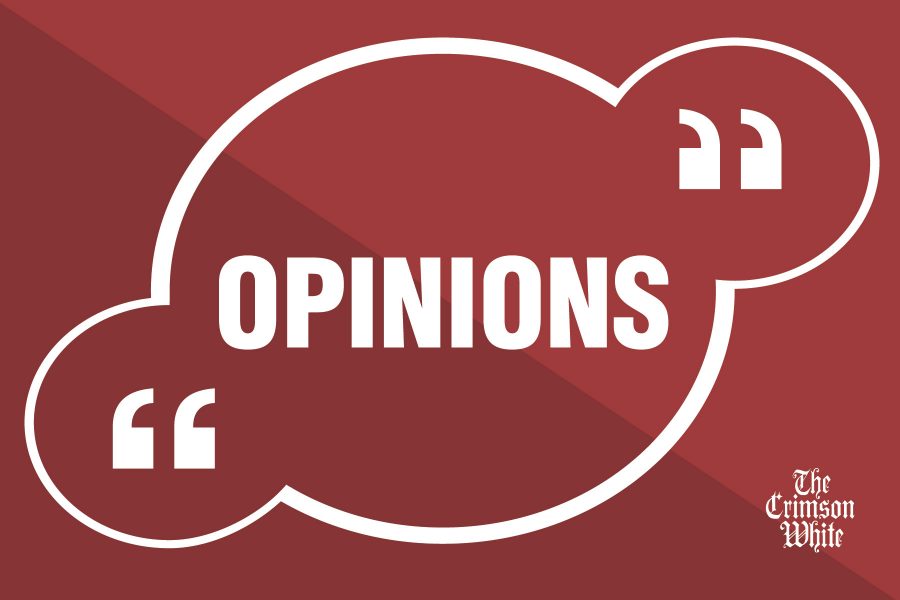After Alabama lost to Clemson in the national championship game, my friends and I were looking for any silver lining we could find. “Well,” one said, “at least they don’t have to go visit Donald Trump’s White House.” The traditional act of championship teams from NCAA and professional athletics visiting the White House has received more attention than usual recently, as several New England Patriots have said they do not plan on attending. For them, this is an act of political protest. It should be treated as such.
Others, like Quarterback Tom Brady, prefer to “put politics aside” when it comes to visiting the White House, despite being photographed with a “Make America Great Again” hat in his locker. He echoes legions of sports fans, pundits and personalities who all want to ignore “politics” and just focus on the sport at hand.
Tom Brady can afford to ignore politics, because no matter who’s president or what legislation is passed, he’ll still be rich and famous. He’s privileged in that the extent to which he has to worry about a new political agenda is the change in his tax burden. He won’t have to worry about being deported. He won’t have to worry about having a racist as the head of the Justice Department. He won’t have to worry that he can’t exist in public spaces because there’s not a bathroom he can use.
For him, politics don’t matter.
The thing is, politics do matter. They are woven into every aspect of American life. Including sports. Racism and sexism are political issues, but race and gender are also both quite relevant topics in professional athletics. When the Minnesota Lynx wore Black Lives Matter t-shirts, it brought about a conversation about the role and value of the WNBA. And it’s almost impossible to discuss Tom Brady’s own position (quarterback) without acknowledging that a disproportionate number of QBs are white. Even when a black player gets a chance, black quarterbacks are benched much quicker than their white counterparts with comparable skill levels.
There’s a long tradition of athletes making their voices heard, and a just-as-long tradition of people getting really, really mad about it. From Muhammad Ali’s famous assertion that he “ain’t got no quarrel with those Vietcong”, to the Black Power salute at the 1968 Summer Olympics, American athletes have been taking political stances for years. And just as Ali, Tommie Smith and John Carlos endured death threats, present-day athletes who dare to speak out about politics face condemnation and threats.
Separating “political” issues from professional athletics does a disservice to the role that athletes play in public discourse. It was a political act when the NBA moved its all star game from North Carolina to New Orleans to protest what it viewed as discriminatory legislation. And possibly the most talked-about athlete in 2016 was Colin Kaepernick, an athlete who was known not for his football prowess, but for his politics.
We shouldn’t demand that public figures refrain from political speech. They’re people just like everyone else, and demanding that they “stick to sports,” like legions of sports fans do every season, is dehumanizing and insulting.
So while some are content to idolize the Tom Bradys of the world who prefer to push politics out of their minds, I urge you not to banish these issues from your own thoughts. Learn about them. Recognize their importance. Engage in and debate them. However, that doesn’t mean look down on those who disagree with you. As Michael Jordan allegedly said, “Republicans buy sneakers too.”
Danny Pelavin is senior majoring in political science and history. His column runs biweekly.









